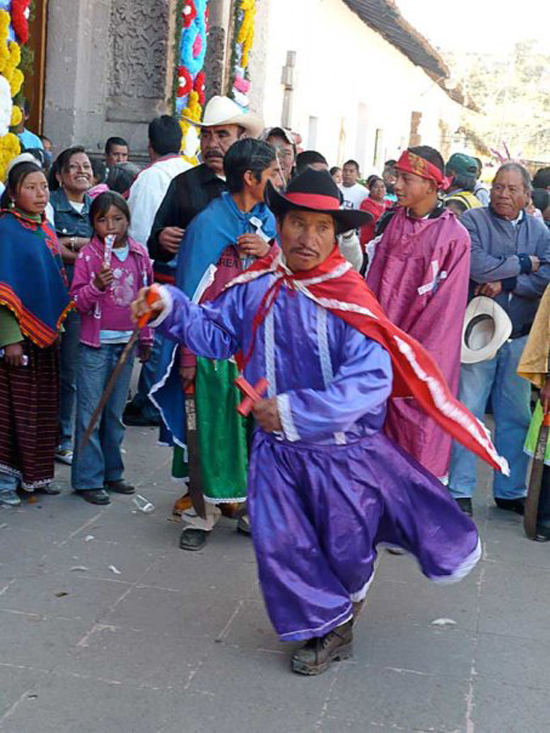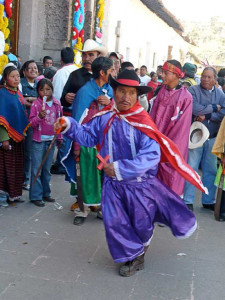Today, we celebrate the International Mother Language Day (IMLD), a worldwide annual observance held on 21 February to promote awareness of linguistic and cultural diversity and multilingualism.
First announced by UNESCO on 17 November 1999, it was formally recognized by the United Nations General Assembly in its resolution establishing 2008 as the International Year of Languages.
It was a social movement built on the spirit to defend the rights to write in one’s mother language.
International Mother Language Day has been being observed since 2000, to promote peace and multilingualism. The date corresponds to the day in 1952 when students from the University of Dhaka, Jagannath College and Dhaka Medical College, demonstrating for the recognition of Bengali as one of the two national languages of East Pakistan, were brutally shot dead by police (then under Pakistan government) near the Dhaka High Court in the capital of present-day Bangladesh.
“Mother language” is the calque of a term used in several Romance languages — lengua materna (Spanish), lingua madre (Italian) and langue maternelle (French) “mamiaith” (Welsh) — as well as the Sanskrit matribhasha and Tamil “thaimozhi”. The more literal and more common English translation is “mother tongue”, while “native language” has the same meaning and is also in common use. In linguistics, the English term “mother language” usually refers to an ancestral language, often a proto-language, relative to its descendent language family.

Source: Google.com


